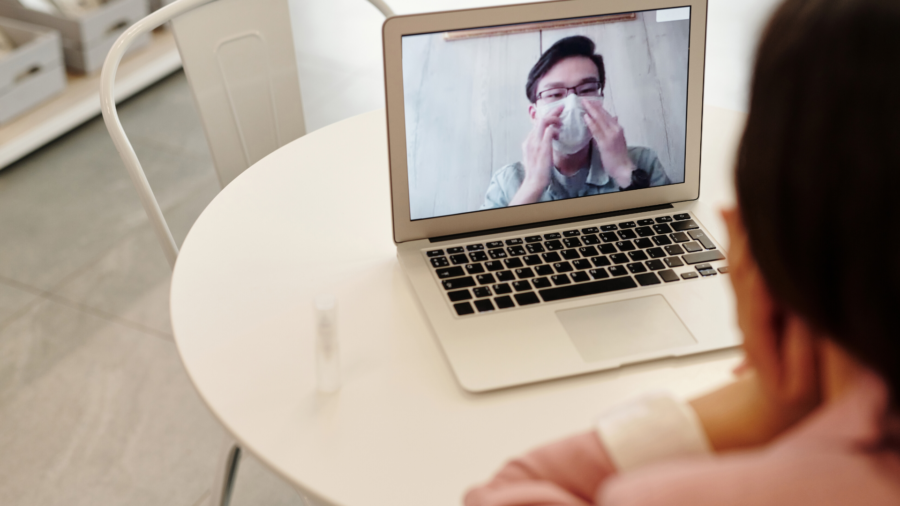The effects of COVID-19 have had a major impact on the way insurance claims and workers compensation cases are handled, but it’s not just physical health that is a concern for the workforce. While the physical symptoms of this novel virus may fade, there may be lasting psychological damage that needs to be accounted for and treated. In a recent webinar hosted by the National Workers Compensation Defense Network, these psych claims are explored and analyzed more closely, revealing that not only is this virus a complex issue to navigate in workers compensation, but also the surrounding psychological components that arise as a result of it. Here are some major topics discussed that show these devastating effects.

Psychiatric components to COVID-19 claims may be the longest lasting and can also create the most exposure in workers compensation claims. Whether it is fear of claims or a positive COVID-19 diagnosis, it can morph into psych issues very quickly. The lasting impact of psychiatric exposure can result in activation or worsening of pre-existing psychological issues. Even the stay at home orders have been mentally challenging for most and increase exposure and risk of developing lasting psychological issues. Isolation has taken a toll on many employees, which can result in mental damages that can be potentially compensable.
These psychological issues have proven to be an expensive and long lasting component of workers compensation cases, extending far beyond the physical symptoms of the virus. Issues such as PTSD and fear of COVID-19 have arisen as a result of the pandemic, and even the thought of exposure has been enough to cause workers to develop mental health issues. Not only do employees fear contracting the virus in their day to day lives, but many feel they are at higher risk because of their jobs. If the stress becomes too extraordinary, then it may become a compensable incident that can be seriously costly for employers and insurance companies.

There are a few types of mental claims that can be compensable in a workers compensation case, including mental stimulus resulting in a distinct physical injury (i.e. heart attack), a sudden event that results in not only physical injury but potentially psychological damage as well as physical trauma that results in a mental injury (store employee who recovered from gunshot wound but can’t go back to work because of fear). In that case, the gunshot wound caused the physical and emotional/mental damage, which can be compensable. Stress that is extraordinary compared to the average worker may have a case for workers comp. For example, a man walking on treadmill while he worked from home suffered from a fatal heart attack related to stress, which would also be compensable.
As opposed to an accidental disease, which can range from injuries to even Lyme disease, occupational diseases occur slowly and insidiously as result of the workplace. The debate is whether or not COVID-19 is an occupational disease, which, unlike ordinary diseases of life, would actually be compensable. Causally related mental impairment that stems from a workplace injury or disease is undoubtedly compensable, and could include anything from developing depression as a result of COVID-19 to valid fear of going to work due to risk of exposure.

Severe cases of COVID-19 take a long time to recover and includes “buggy” thinking, which could also be ADA qualified.
Whether COVID-19 aggravates existing condition or creates a new condition, it can be compensable. To the extent that it does trigger psychiatric impairment, we will inevitably see prolonged psychiatric treatments as a result of the disease. Claims could be maximized through psychiatric impairment and partial disability as a result of psych impairment, which means higher claim costs and a possible delay in return to work.
The physical symptoms of COVID-19 may be temporary, but the mental/emotional damage it causes can open up employers and insurance companies to even more costly issues.

